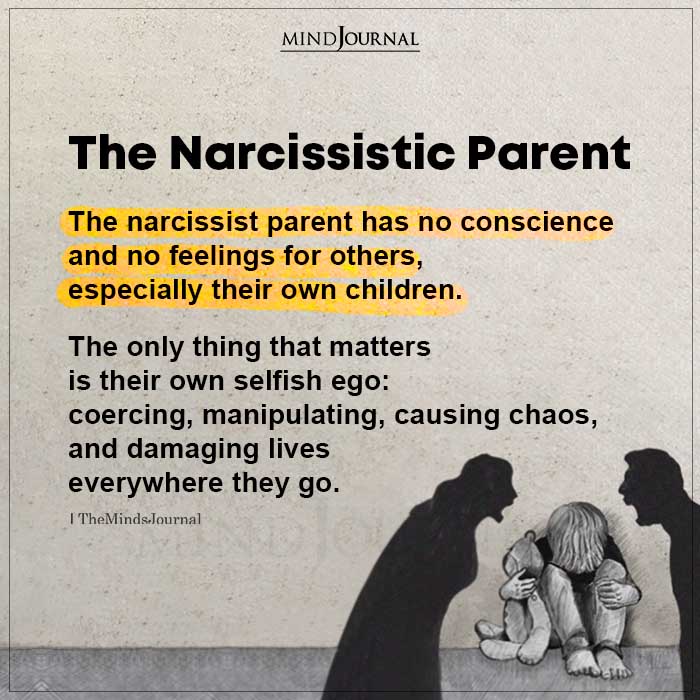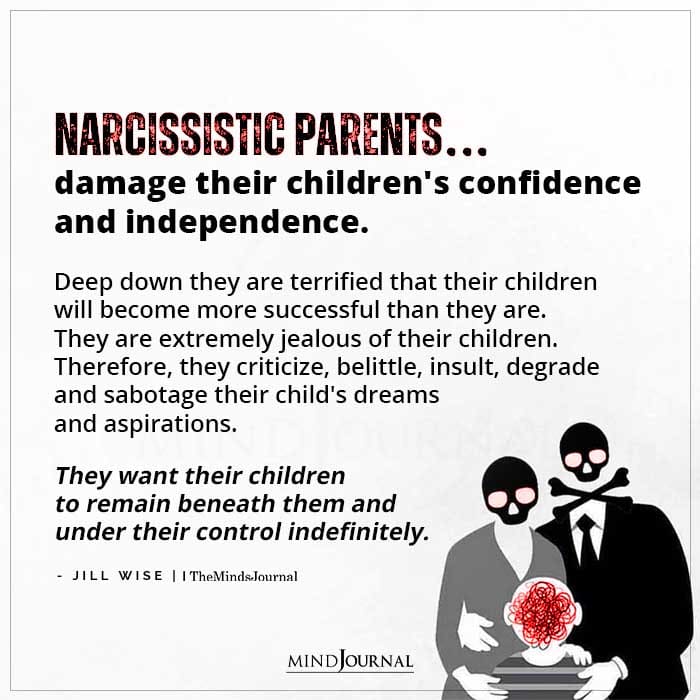Children of narcissists often find themselves negotiating a confusing emotional landscape. In this exploration, we delve into the unique challenges they face, and offer insights and support to those forging their paths in its bizarre labyrinth.
Children of narcissists and addicts (all substance abusers) grow up in a stressful, dysfunctional family environment, which in most cases leads to codependency.
Children Of Narcissists Symptoms
Due to the symptoms and defenses related to substance abuse and narcissism, particularly impaired boundaries, lack of empathy, and mood dysregulation, these parents are unable to see or value their children as independent individuals, validate and nurture them, and provide a reliably safe relationship and home environment.

Generally, narcissistic parents are ignoring, controlling, blaming, self-absorbed, and intolerant or unaware of their children’s needs and of the effects of their behavior on other people.
Children are much more vulnerable than other people to these narcissistic traits given their immaturity, impressionability, and dependency on their parents.
Read more here: The Path To Healing: How Adult Daughters Of Narcissistic Mothers Can Heal Themselves
Symptoms Children Of Addicts
Similarly, addicts are preoccupied with themselves and their addiction. Although they may be able to empathize with their children during sober periods, other times they disappoint and emotionally abandon their children by responding in ways that shame or ignore their children’s needs and feelings.
Both types of families are marked by interpersonal conflict between the parents and/or in sibling and parent/child relationships.
The result is that children of addicts and narcissists feel insecure and unsafe. Not knowing what a normal, healthy home environment is like, they’re unaware that they don’t feel safe and enter into similarly unsafe relationships. They tend to have mental health problems in adulthood, including unrecognized anxiety or chronic depression (dysthymia).
Due to the lack of safety and parents’ inability to empathize and attune to their children’s feelings and needs, children of narcissists and addicts become insecure and hypervigilant. Instead of the parent attuning to them, they attune to their parent.
They learn to read their parents’ moods, wants, and needs, and their focus becomes externalized, ignoring their own feelings, wants, and needs. Moreover, their feelings, wants, and needs are often ignored or shamed by their parent.
As a result, in adulthood, children of narcissists and children of addicts tend to focus on and feel responsible for other people. Often, if they’re aware of their feelings, wants, and needs, they feel shame about them.
They have trouble clearly identifying and assertively expressing their feelings, wants, and needs. It’s not unusual for them to feel that self-assertion is selfish. They may have been labeled selfish by their parent who was projecting their own selfishness.
In response to these parents, children usually react in one of three ways. Some children identify with the parent who becomes a role model.
Also, the parent may have expected or demanded that their child adopt the same values; e.g. rise to the top, be vindictive, or take control. They may also have a genetic predisposition to alcoholism or narcissism, in which case the child is impacted by both nature and nurture.
Other children exhibit patterns of compliance or rebellion. In neither case do they experience unconditional love and develop their own identity. Rather, they have been acknowledged and rewarded for performing in a particular role (such as caregiver, mediator, or confidant) or for achieving goals desired by their parent.
Thus, they have difficulty identifying and responding to their own values, opinions, feelings, and needs.
Both those who comply and those who rebel behave in a self-defeating manner. Whether they act out aggressively or emulate the troubled parent, like those who comply, these children tend to have low self-esteem and fear criticism or rejection in adulthood.
They may overachieve to gain love or underachieve due to shame or rebellion. Even the achievers may not enjoy or receive gratification from their pursuits because they’re not expressing the impulses of their true self.
Those who comply become people-pleasers and are fearful of saying no, disagreeing, or expressing anger. In relationships, they hide who they are, defer and adapt to their partner, sacrifice themselves, and take the blame for problems.
They develop an insecure attachment style since the narcissistic or addicted parent is not emotionally available and their attachment to the parent isn’t reliably safe. They may have an anxious, avoidant, or mixed style.

Typical of codependents, they become reactors, rather than actors, letting others take the initiative. They become dependent in relationships and are afraid of abandonment. They confuse anxiety with excitement or intensity and continue to choose insecure relationships because they match their childhood relationship with an addicted or narcissistic parent.
Recovery from the legacy of childhood requires healing codependency, including overcoming shame, setting boundaries, and developing autonomy and self-love.
For more on dealing with a narcissistic partner, sibling, mother, or father, follow the steps in Dating, Loving, and Leaving a Narcissist: Essential Tools for Improving or Leaving Narcissistic and Abusive Relationships.
Read more here: Surviving A Mom-ster: Trials And Tribulations Of Daughters Of Elderly Narcissistic Mothers
If you grew up with narcissistic parents, share your thoughts in the comments below!
© 2023 Darlene Lancer
Written by: Darlene Lancer, JD, LMFT
Originally appeared on: WhatIsCodependency.com









Leave a Reply
You must be logged in to post a comment.